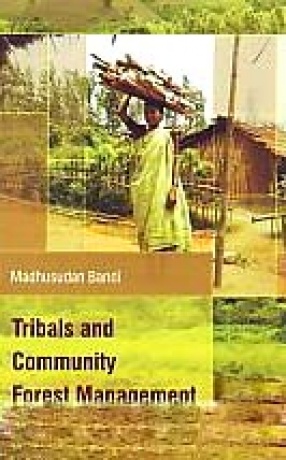The history of forest governance and policies in India presents an interesting blend of conservation and exploitation of the forests. Despite measures taken to prevent depletion in the past, the destruction of forests has continued. This has not only destroyed the traditional institutions of managing forests, but has also caused gross ecological imbalances. The forest policy in India, with its colonial attributes, continues to look upon forest-dependent communities not only as aliens in their own lands ignoring their rights, but even treats them as destroyers of forests. Given this, the concept of community forest management (CFM) appeared towards the end of the 20th century. But, even after two decades of the introduction of this idea in its present form in India, the outcome appears mixed with sporadic success. Based on an empirical study undertaken to understand the practicality of the concept of CFM in the lives of the tribals and other forest dwellers, the book suggests that, in many places, the community managing the forest themselves suffered from multiple handicaps. If lack of awareness and confidence to be on their own after being subjected to suppression for generations were the basic reasons, then the situation is found to be further complicated by intra-community conflicts and leadership deficiency allegedly inflicted upon them by the forest officials at the local level. The book, however, comes up with the possible features and characteristics required in the Indian setting for the success of CFM, in particular, and similar kind of natural resources management institutions, in general.
Tribals and Community Forest Management
In stock
Free & Quick Delivery Worldwide
reviews
Bibliographic information
Title
Tribals and Community Forest Management
Author
Edition
1st.ed.
Publisher
Rawat Publications, 2013
ISBN
8131605779, 9788131605776
Length
272p., Illustrations; Maps; 23cm.
Subjects





There are no reviews yet.